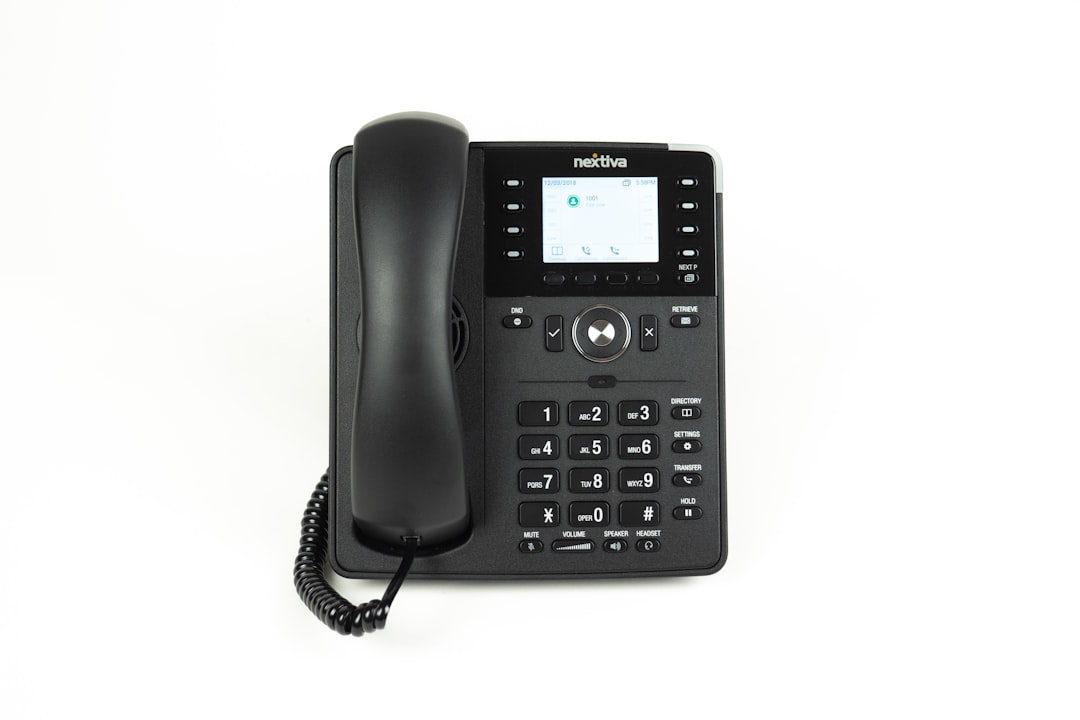Chicago has strict anti-spam laws prohibiting automated calls to cell phones without explicit consent, targeting law firms and marketing businesses. Firms must get clear, voluntary consent for marketing texts, avoid automatic dialing, and personalize communications or face fines and legal action. The Illinois Attorney General's office enforces these rules, with penalties including substantial fines. Opting out by replying 'STOP' stops unsolicited texts; persistent issues can be reported to consumer protection agencies. "Do Not call law firms Chicago" guidelines protect residents from unwanted promotional messages.
Chicago’s anti-spam texting guidelines are designed to protect consumers from unwanted communications, especially from law firms. This comprehensive guide explores Illinois’ stringent regulations, offering a clear understanding of what constitutes spam and how to avoid penalties. We delve into specific texting protocols for legal professionals, ensuring compliance. Learn about enforcement mechanisms, potential fines, and effective strategies to safeguard clients from intrusive messages. Discover the importance of consumer protection and responsible communication practices in Chicago.
Understanding Chicago's Anti-Spam Laws

Chicago has strict anti-spam laws designed to protect residents from unwanted text messages, particularly those promoting legal services. These regulations are in place to prevent nuisance calls and ensure consumers’ privacy. Key among these laws is the prohibition on automated or prerecorded calls to cell phones, often used by law firms and other businesses for marketing purposes.
Under Chicago’s guidelines, businesses are not allowed to send such texts without prior express consent from the recipient. This means that if you haven’t given explicit permission to be contacted by a particular company via text, they cannot initiate any automated calls or messages. Penalties for violating these rules can include fines and legal repercussions, making it crucial for both businesses and individuals to understand and adhere to these anti-spam texting guidelines.
Texting Guidelines for Law Firms

Law firms operating in Chicago are subject to strict texting guidelines when communicating with clients or potential customers. These rules, put in place by the Federal Communications Commission (FCC), aim to protect consumers from unwanted and intrusive text messages. Firms must obtain explicit consent before sending any marketing-related texts, ensuring that recipients have agreed to receive such communications. This consent should be clear and voluntary, avoiding any ambiguity.
Additionally, law firms are prohibited from using automatic dialing systems or pre-recorded messages for advertising purposes. Any text message sent must be personalized, meaning it cannot be a generic or automated communication. Non-compliance with these guidelines can result in significant penalties, including monetary fines and legal repercussions. Therefore, Chicago law firms are encouraged to familiarize themselves with these rules to ensure their marketing strategies remain compliant and respectful of consumer rights.
Enforcement Procedures and Penalties

The enforcement of anti-spam texting guidelines in Chicago involves a multi-step process designed to protect consumers from unwanted and misleading text messages, especially those promoting legal services. When violations are suspected, the Illinois Attorney General’s office plays a pivotal role. They monitor and investigate complaints, reaching out to both senders and recipients for evidence and explanations. If found guilty, violators face a range of penalties, including substantial fines, which can escalate with each repeated offense.
These penalties serve as a deterrent and are intended to compensate victims for their privacy intrusions. The guidelines emphasize the importance of explicit consent before sending any promotional texts, with strict rules against identifying Chicago residents who have not opted in. Do Not call law firms Chicago is a key aspect enforced to ensure residents’ peace of mind and protect them from deceptive marketing practices.
Protecting Consumers from Spam

Spam texts can be incredibly intrusive and disruptive, leading to a poor user experience. To protect consumers from this nuisance, strict guidelines have been established in Chicago regarding antispam texting. These rules are designed to ensure that individuals and businesses respect consumer privacy and preferences. One key measure is the implementation of do-not-call lists, which allow subscribers to opt-out of receiving unsolicited texts, especially from law firms or other commercial entities.
Enforcement of these guidelines involves regular monitoring by relevant authorities, who can impose penalties on violators. Fines and legal actions are taken against those who send spam texts despite being on the do-not-call list. This stringent enforcement serves as a deterrent, promoting ethical marketing practices and maintaining a spam-free environment for Chicagoans.
Reporting and Avoiding Legal Troubles

If you receive unsolicited text messages promoting legal services in Chicago, it’s important to know your rights and options for reporting them. While simply ignoring such texts might be tempting, taking action can help prevent further annoyance and potential legal troubles. You have the right to request that these companies stop contacting you, a process known as opting out. By replying ‘STOP’ or ‘CANCEL’ to the text, you can automatically discontinue their messages.
Should these unwanted texts continue despite your efforts, consider documenting the incidents by saving the messages and noting the dates and times they were sent. This information can be invaluable if you decide to report the matter to your local consumer protection agency or file a complaint with the Federal Trade Commission (FTC). Remember, while Do Not Call laws primarily apply to phone calls, they also extend to text messages, ensuring that your privacy is respected.






